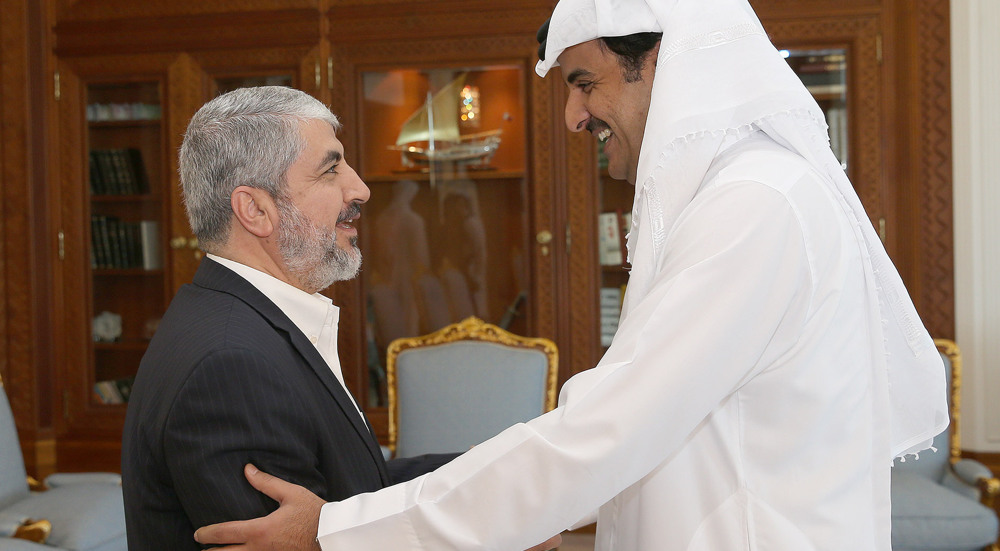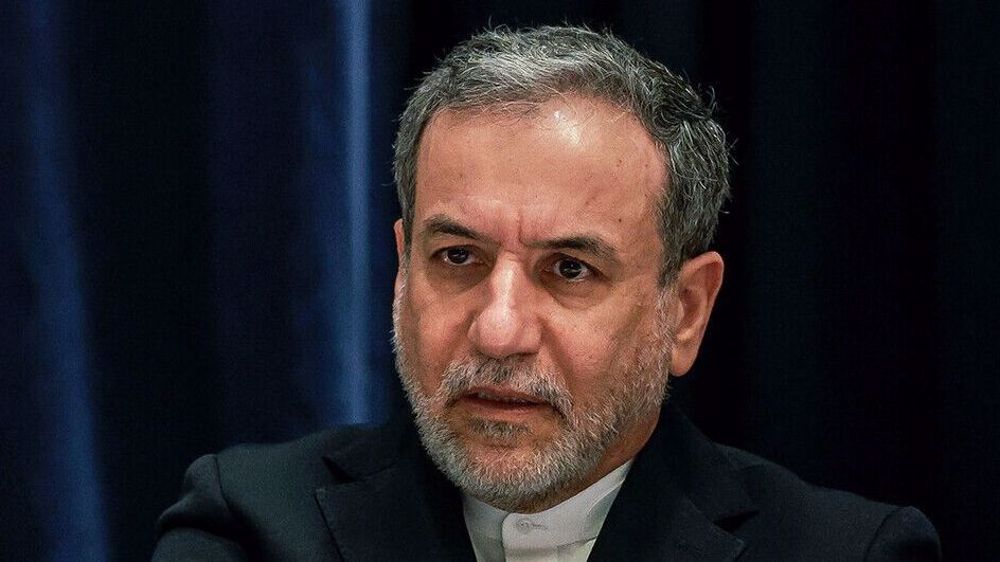UK, Saudi Arabia lobbied UN to whitewash Bahrain abuses: Report
A recent report reveals that Britain and Saudi Arabia have worked hand in gloves to water down the United Nations’ criticism of the Bahraini regime for its poor human rights record.
According to documents obtained by British newspaper The Observer, London and Riyadh, as the main customer of British arms, had lobbied the UN last year to whitewash the Al Khalifah regime’s rights abuses, including the use of torture by Bahraini regime forces.
The documents, citing sources familiar with the initiative, said London went to great lengths to persuade members of the international community that “things were improving” in Bahrain, and to dissuade them from issuing a condemnatory diplomatic statement that would greatly damage Bahrain’s international reputation.
The source added that UK and Saudi representatives sought to convince UN member states to sign off the world body’s statements on Bahrain’s rights violations.
A comparison of an original and final UN draft on Bahrain obtained by The Observer last September showed the contents had been heavily watered down, according to those familiar with the matter.
“The first draft contained many more condemnatory elements than the final outcome,” a source said, adding, “The UK managed to significantly weaken the contents of the text.”

The original draft read, “We are concerned by reports of excessive use of force by the riot police forces.” However, the statement had been changed to “We are concerned that there is insufficient accountability for human rights violations” in the final version.
Additionally, another key section of the original draft read, “We are concerned about reports of torture and ill-treatment in detention including reprisals against victims reporting human rights abuses.”
The sentence had been altered to “We are concerned about reports of reprisals against victims reporting human rights abuses.”
“It is very unusual for states to engage in massive PR (public relations) efforts to support their allies at the (UN) Human Rights Council. What we witnessed last September was basically an attempt by the UK to shield Bahrain from any kind of international scrutiny,” said Nicolas Agostini, UN representative at the Geneva-based International Federation for Human Rights.
He added that at the same time “Saudi Arabia was mobilizing its foreign service to bully states so that they would not support the statement on Bahrain, which is very sensitive to international pressure and cares about its image.”
“In that sense, managing to have a joint statement on Bahrain, despite the efforts from the UK and Saudi Arabia to prevent it happening, was very important,” Agostini pointed out.
Maya Foa, director of the death penalty team at the Reprieve international rights organization, described as deeply worrying allegations that the UK had sought to tone down criticism of Bahrain in the UN Human Rights Council.

London’s “work with Bahrain appears to have crossed the line into whitewashing,” said Foa, adding, “This behavior is especially troubling in light of the potentially imminent resumption of executions in Bahrain and the role of confessions extracted through torture in obtaining death sentences in Bahraini courts.”
The UK has been under fire for supplying the repressive regime in Manama with tens of millions of dollars worth of weaponry despite years of crackdown, torture and oppression in the kingdom.
Since February 14, 2011, thousands of anti-regime protesters have held numerous demonstrations on an almost daily basis in the kingdom, calling for the Al Khalifah family to relinquish power.
In March that year, troops from Saudi Arabia and the United Arab Emirates invaded the country to assist the Bahraini government in its crackdown on peaceful pro-democracy protesters.
Scores of people have been killed and hundreds of others injured or arrested in the ongoing heavy-handed crackdown on anti-regime rallies.
Amnesty International and other rights groups have repeatedly censured the Bahraini regime over the “rampant” human rights abuses against opposition activists and anti-government protesters.
Hezbollah attacks Israeli forces after Lebanese homes blown up
World leaders, states hail ICC arrest warrants for Netanyahu, Gallant
MP: US accountable for possible Israeli 'foolishness' to attack Iraq
VIDEO | Israeli policies strangle Palestinian agriculture, economy
Iran's president offers condolences to Pakistan over terrorist attack
Canada’s Yukon town council at standstill over refusing oath to King Charles
Yemen's Houthi calls for jihad to protect Palestine against Israel
VIDEO | Internal rifts within Israel
















 This makes it easy to access the Press TV website
This makes it easy to access the Press TV website